The recent discussion, in the European Parliament has highlighted the pressing importance of safeguarding childrens rights against pressures and external risks. Various Members of Parliament delivered speeches focusing on the challenges impacting the well being and nurturing of children, in Europe today.
Introduction to the Debate
The discussions, about childrens rights in the European Parliament have sparked worry among legislators and the public alike due to concerns over the safety and innocence of children being at risk from influences and pressures that some believe are making matters worse.These conversations underscore the importance of putting childrens well being, above everything.
The Threat of Leftist Ideology
At the heart of this debate is a growing fear of **leftist ideology**, which some Members of Parliament argue poses a direct threat to children’s rights. This ideology is often framed as a **sick manipulation** of young minds, where children are increasingly subjected to **gender identity discussions** and other contentious topics without proper parental consent or understanding. The argument is made that such practices not only undermine traditional family values but also endanger the mental and emotional well-being of children.
The Role of Parents in Child-Raising
Many representatives passionately advocate for the **primacy of parental rights** in raising children. They argue that **raising children is fundamentally a parental responsibility**, and that the state should not interfere in this sacred duty. The emphasis is placed on the need for **parents to have control** over their children’s upbringing, including decisions about when and how to introduce sensitive topics such as sexuality and gender identity.
This perspective highlights the belief that **children flourish best in stable family environments**, where they can receive love and guidance without the influence of external ideologies. As one member asserted, “Children need love, not ideological experiments,” reinforcing the notion that parental input should be paramount in their development.
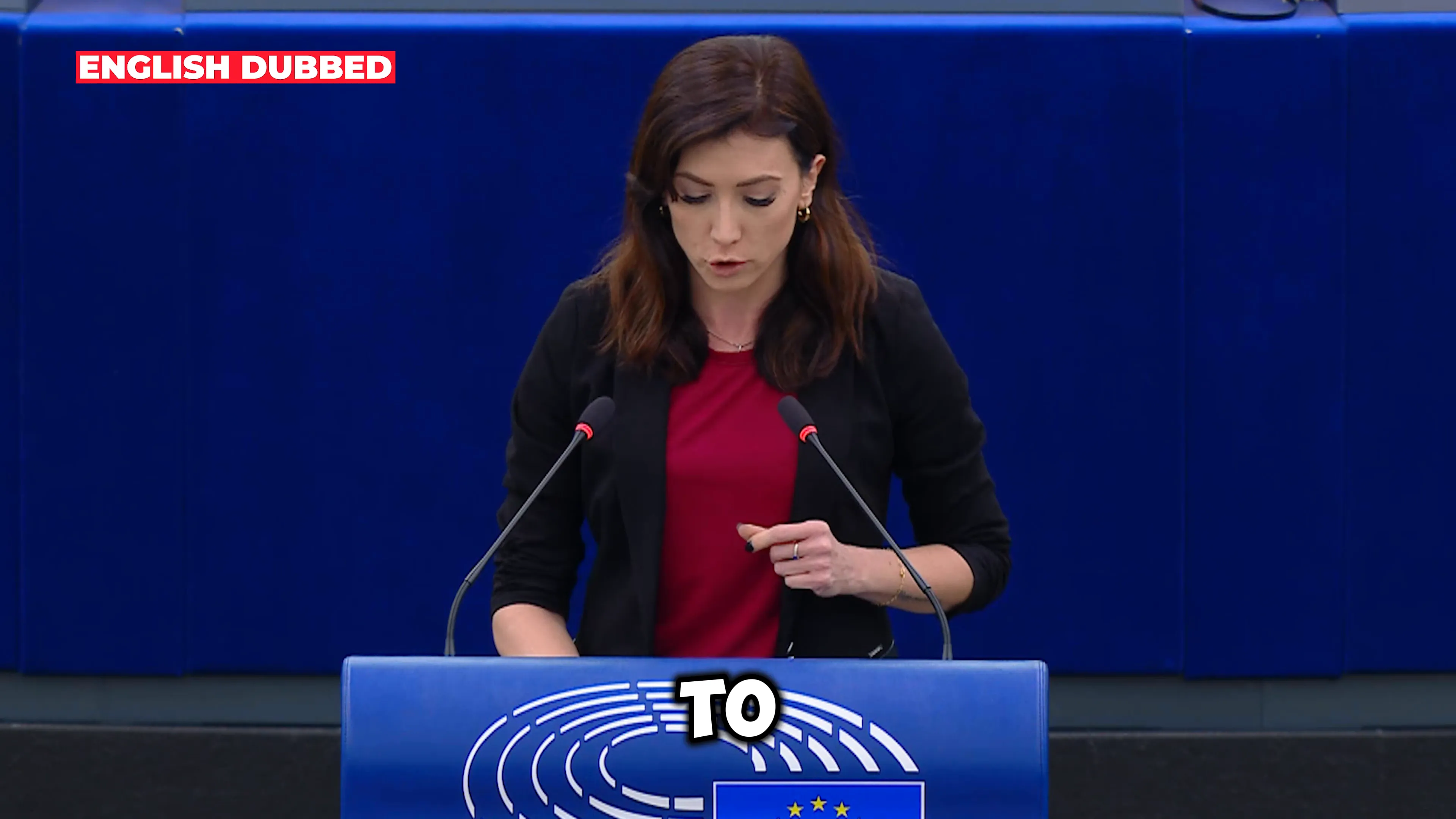
Concerns Over Ideological Experimentation
There is a palpable concern among lawmakers regarding the **ideological experimentation** that children are exposed to in educational settings. The introduction of subjects masked as “health education” is viewed with skepticism, as many believe these programs aim to indoctrinate rather than educate. The fear is that such initiatives will **desensitize children** to genuine dangers and manipulate their understanding of identity and relationships from an early age.
Critics assert that these programs risk turning children into **objects of ideological experimentation**, stripping them of their innocence and exposing them to concepts they are not ready to comprehend. This has led to calls for a more **age-appropriate approach** to education that respects children’s developmental stages and protects their innocence.
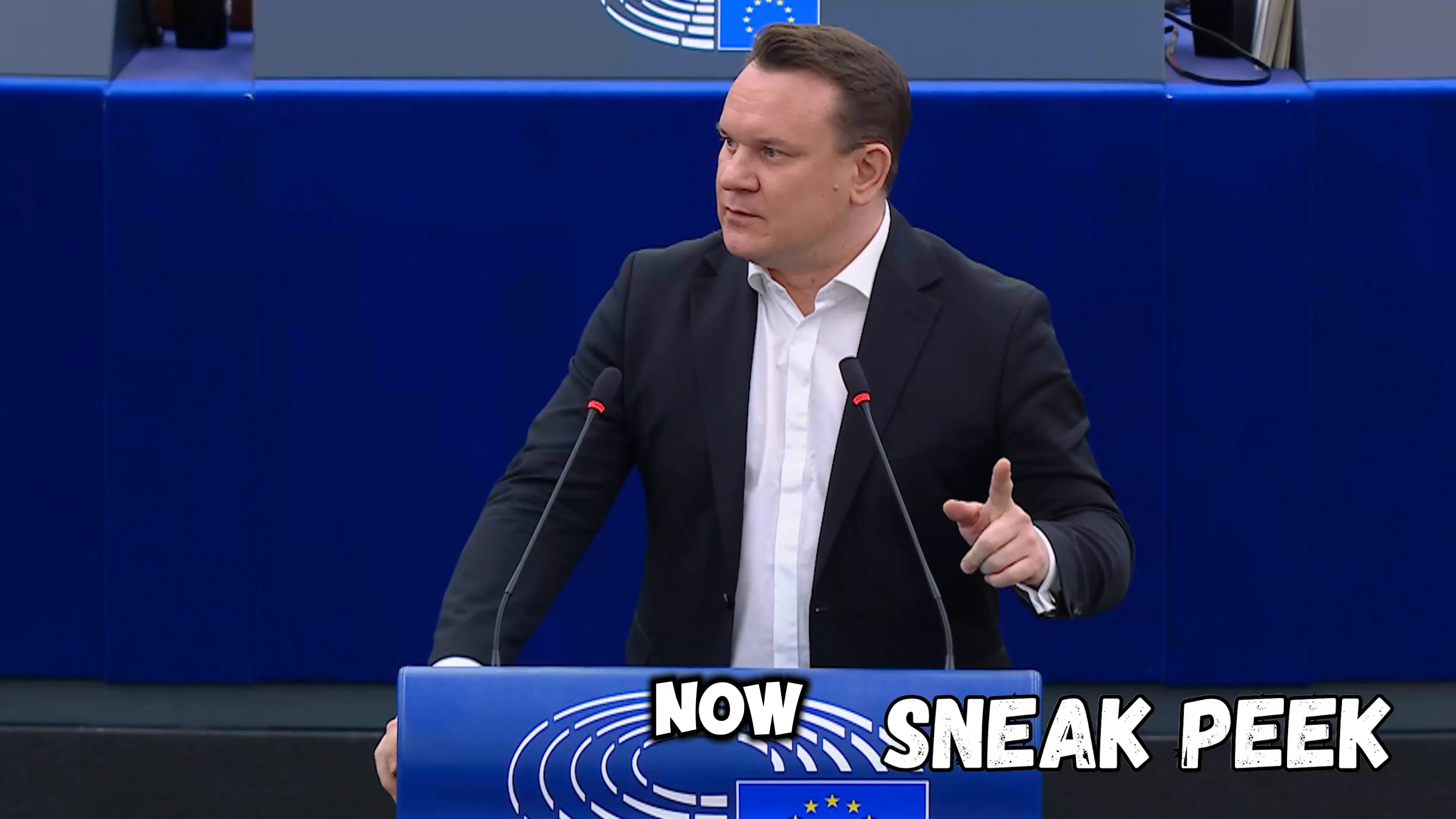
Violence Against Children: A Rising Concern
Alongside ideological threats, there is a rising alarm over **violence against children**, particularly in the context of immigration. Several members highlighted tragic incidents involving minors, asserting that these acts of violence are often perpetrated by young migrants. The narrative suggests that the **surge in criminal offenses** linked to unaccompanied minors poses a direct threat to the safety of children in Europe.
Lawmakers argue that the European Union must prioritize addressing these issues, emphasizing that **children must be protected from violence** before focusing on less critical matters. The tragic stories of young victims serve as a stark reminder of the urgent need for **effective policies** that safeguard children from such threats.
The Importance of Family Support
Child protection is fundamentally anchored in the **support of families**. A stable home environment, nurtured by a father and a mother, is essential for children’s growth and development. As emphasized in the debate, **family support initiatives** have shown tangible benefits, such as increased marriage rates and lower abortion rates. These initiatives not only foster a secure upbringing but also ensure that children are cared for in an environment that prioritizes their well-being.
The Fight Against Multiculturalism
The rise of **multiculturalism** has sparked significant concern regarding children’s rights and identity. Many argue that children are being taught to **feel ashamed** of their heritage and history, which undermines their sense of self. The fight against uncontrolled immigration is framed as a struggle to protect children’s rights, asserting that **national identity** is crucial for their development. Children must be allowed to grow up proud of their background, free from guilt imposed by ideological agendas.
The Impact of Wokeism on Education
The infiltration of **woke ideology** into educational systems poses a direct threat to children’s innocence. Schools are increasingly becoming arenas for **indoctrination**, where national identities are attacked, and children are subjected to inappropriate sexual content. The argument is made that children should be shielded from such influences, as they can lead to **confusion** about their identity and relationships. Education should focus on nurturing children, not exposing them to ideological manipulation.
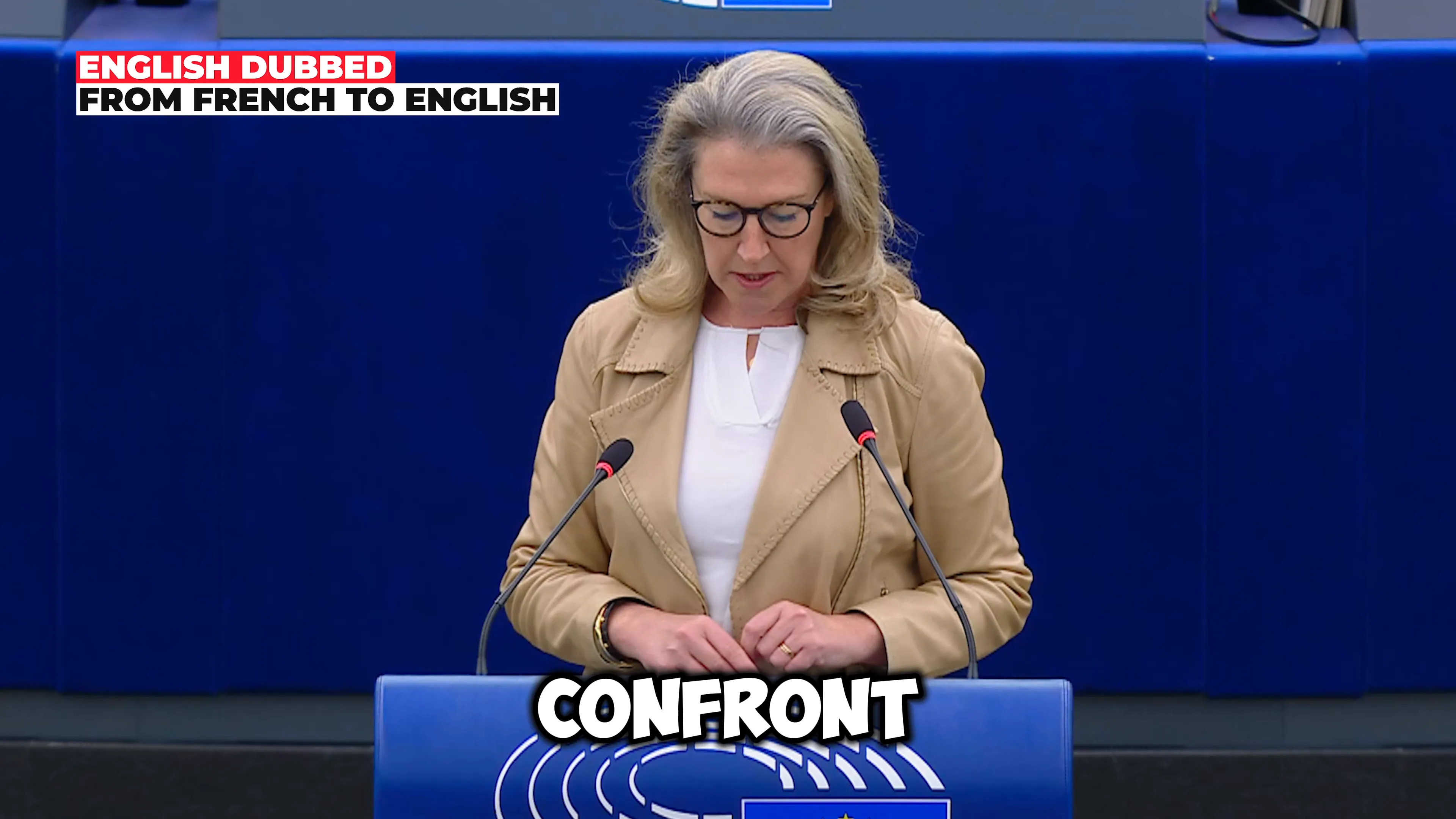
Calls for Action Against Ideological Manipulation
As the debate unfolded, there were **urgent calls** for action to counter the ideological manipulation of children. Lawmakers expressed that the **European Commission** must take responsibility to ensure that educational content remains **age-appropriate** and respectful of children’s innocence. They criticized the lack of action taken to prevent the exploitation of children’s sexuality and emphasized that such practices are far from educational; they are manipulative and harmful.
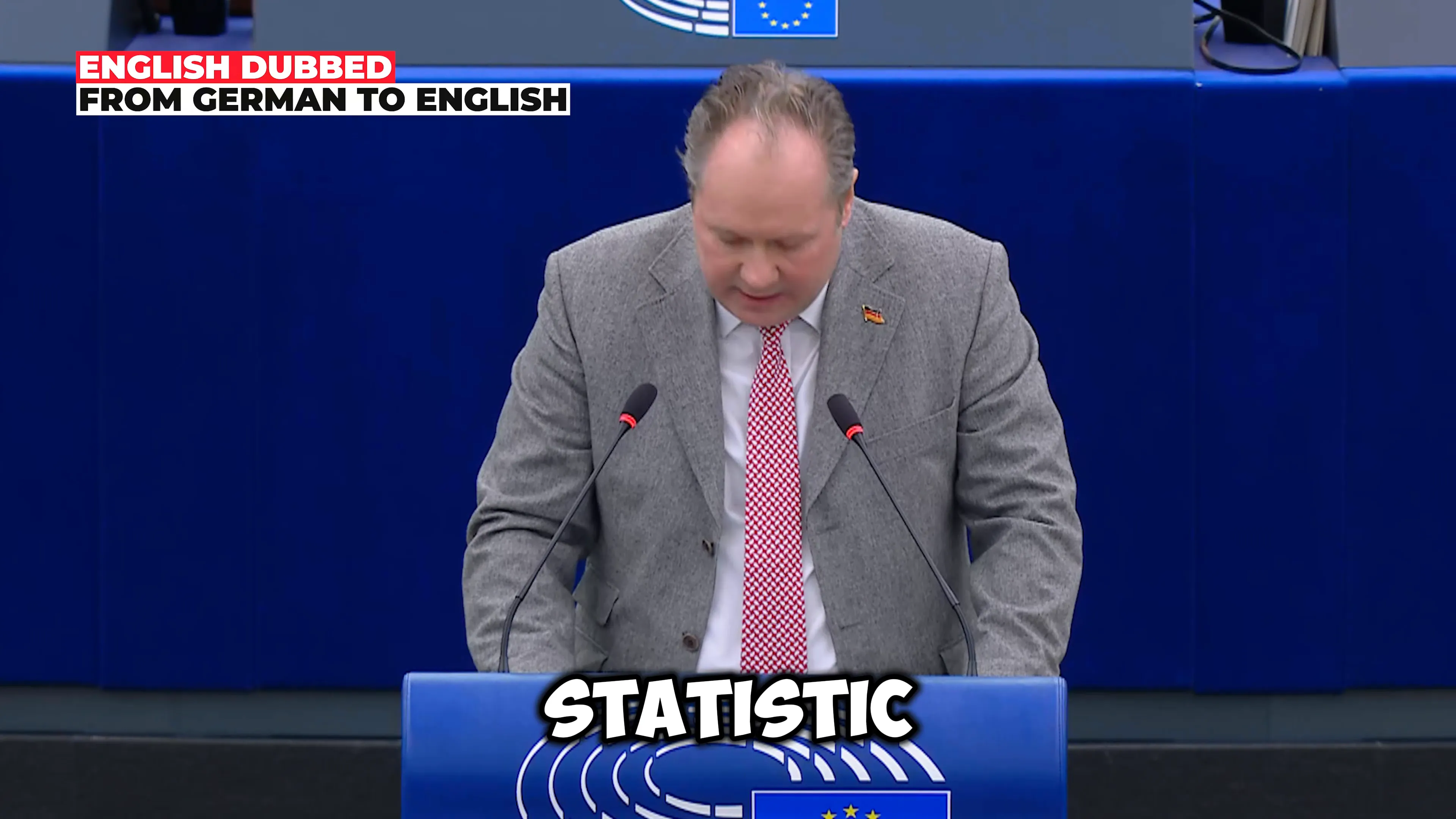
The State’s Role in Child Protection
The role of the state in child protection is a contentious issue. While some argue for minimal state intervention, others stress the importance of **government oversight** in cases of neglect or abuse. However, there is a strong consensus that any state action must prioritize the **rights of parents** and ensure that children are raised in a supportive environment. Legislations that infringe upon parental rights are viewed with skepticism, as they can lead to severe injustices against families.

Immigration and Child Safety
The intersection of immigration and child safety has become a pressing issue in European discussions. Numerous incidents involving young migrants have raised alarms regarding the safety of children. The narrative suggests that the increase in **criminal offenses** linked to young migrants poses a significant threat to the well-being of children across Europe.
Lawmakers emphasize that the **European Union** must prioritize the safety of children over less critical matters. As tragic stories unfold, the call for action grows louder: **protect our children** from violence and exploitation. The focus must shift towards effective policies that safeguard innocent lives, ensuring that children are not victims of circumstances beyond their control.
The Need for Traditional Family Values
Traditional family values are viewed as the bedrock of child development. The belief is that a stable home environment, anchored by a father and a mother, is essential for nurturing children. Advocates argue that **family support initiatives** are crucial for fostering environments where children can thrive.
These values promote **love**, **stability**, and **guidance**, which are paramount for children’s growth. Lawmakers argue that the state should not interfere in family matters, but rather support families in their efforts to provide the best for their children. The message is clear: **strengthen families** to ensure children’s well-being.
Experiences from Hungary: Family Support Initiatives
Hungary serves as a compelling example of effective family support initiatives. Over the past fourteen years, the country has implemented policies aimed at **strengthening families**. These initiatives have resulted in a notable increase in marriage rates and a significant drop in abortions.
Moreover, Hungary provides free textbooks and meals to ensure that financial barriers do not hinder children’s education. This focus on **stability and predictability** for families is crucial for fostering a nurturing environment for children. The Hungarian model emphasizes that a proactive approach to family support can lead to tangible benefits for society.
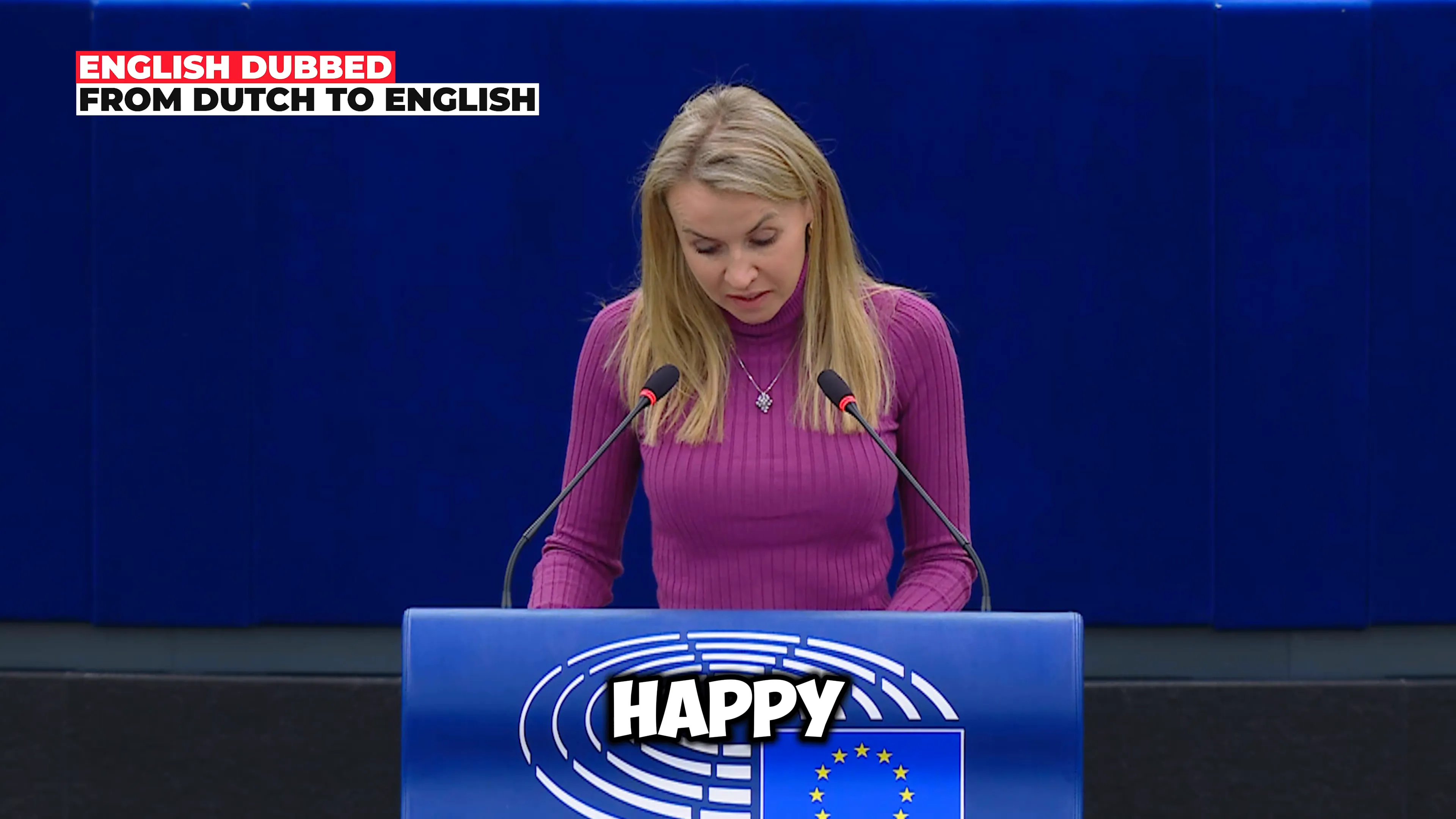
The Crisis in Child Welfare in France
The child welfare system in France is facing a crisis. Reports highlight **school failures**, **runaways**, and **increased violence** against minors. The welfare and success of foster children should be a priority, yet many argue that the system is failing them.
With the rising number of **illegal unaccompanied minors**, the strain on child welfare budgets is evident. The diversion of resources from the original purpose of child welfare has led to a catastrophic situation for many children. Lawmakers assert that **reestablishing border controls** is essential to safeguard the social system and protect vulnerable children.

The Future of Children’s Rights in Europe
The future of children’s rights in Europe hinges on the ability of lawmakers to unite for a common cause. The ongoing debates highlight the necessity for a **cohesive approach** to protect children’s rights amidst ideological conflicts. Advocates are calling for a shift in focus towards **real ideas** that can strengthen and safeguard the rights of children across the continent.
As discussions continue, it is crucial to prioritize children’s **mental health**, **education**, and overall well-being. The message is clear: if political differences can be set aside, a brighter future for children in Europe is achievable. The time to act is now—**children’s rights must be at the forefront** of legislative agendas.
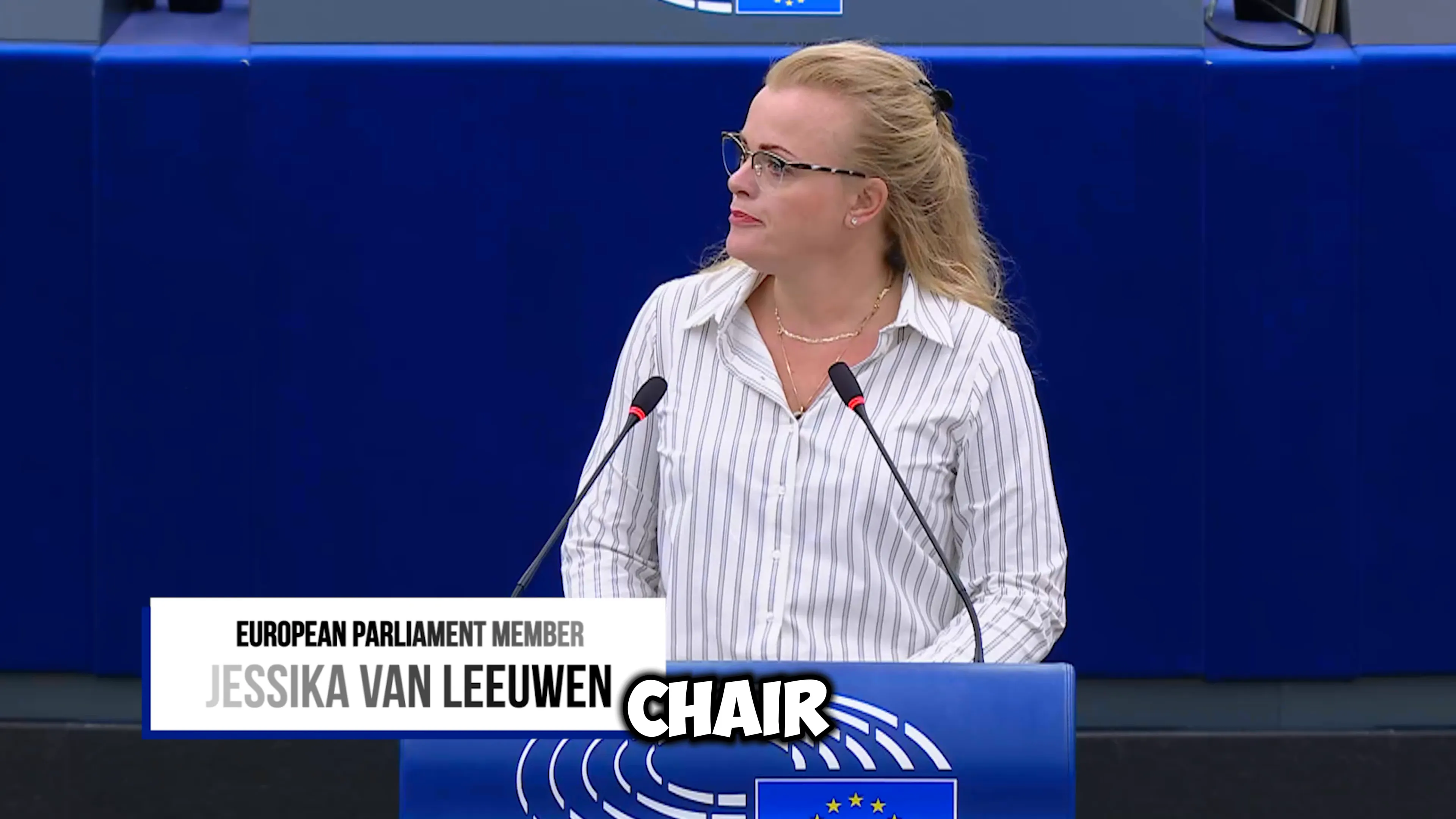
For more information on this pressing issue and to gain further insights from the debate, we encourage you to watch our full video titled “Children UNDER ATTACK: EU Parliament CONFRONTS Leftist IDEOLOGY” on YouTube. You can find it at the following link: https://youtu.be/Agi0jCovRgY.
